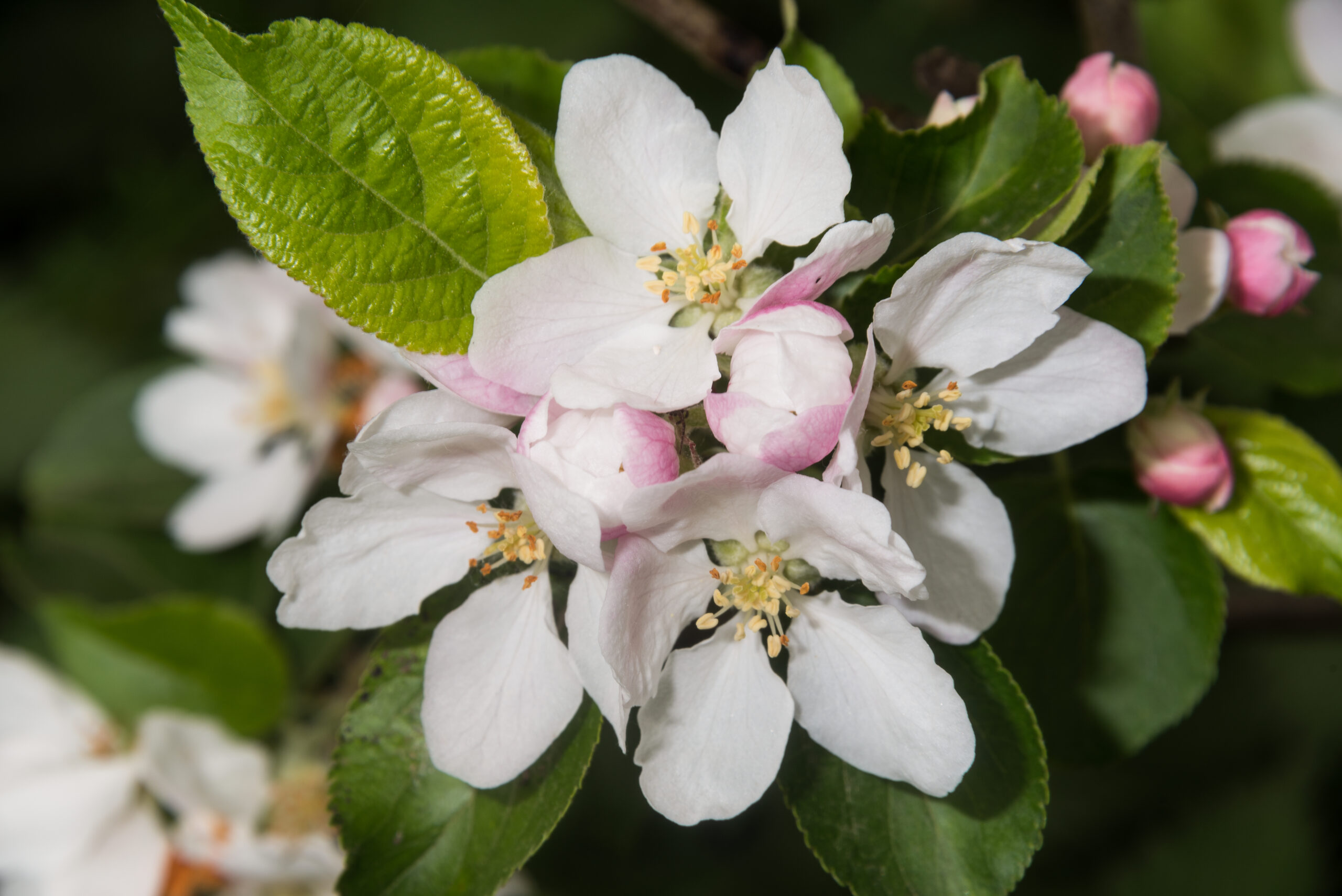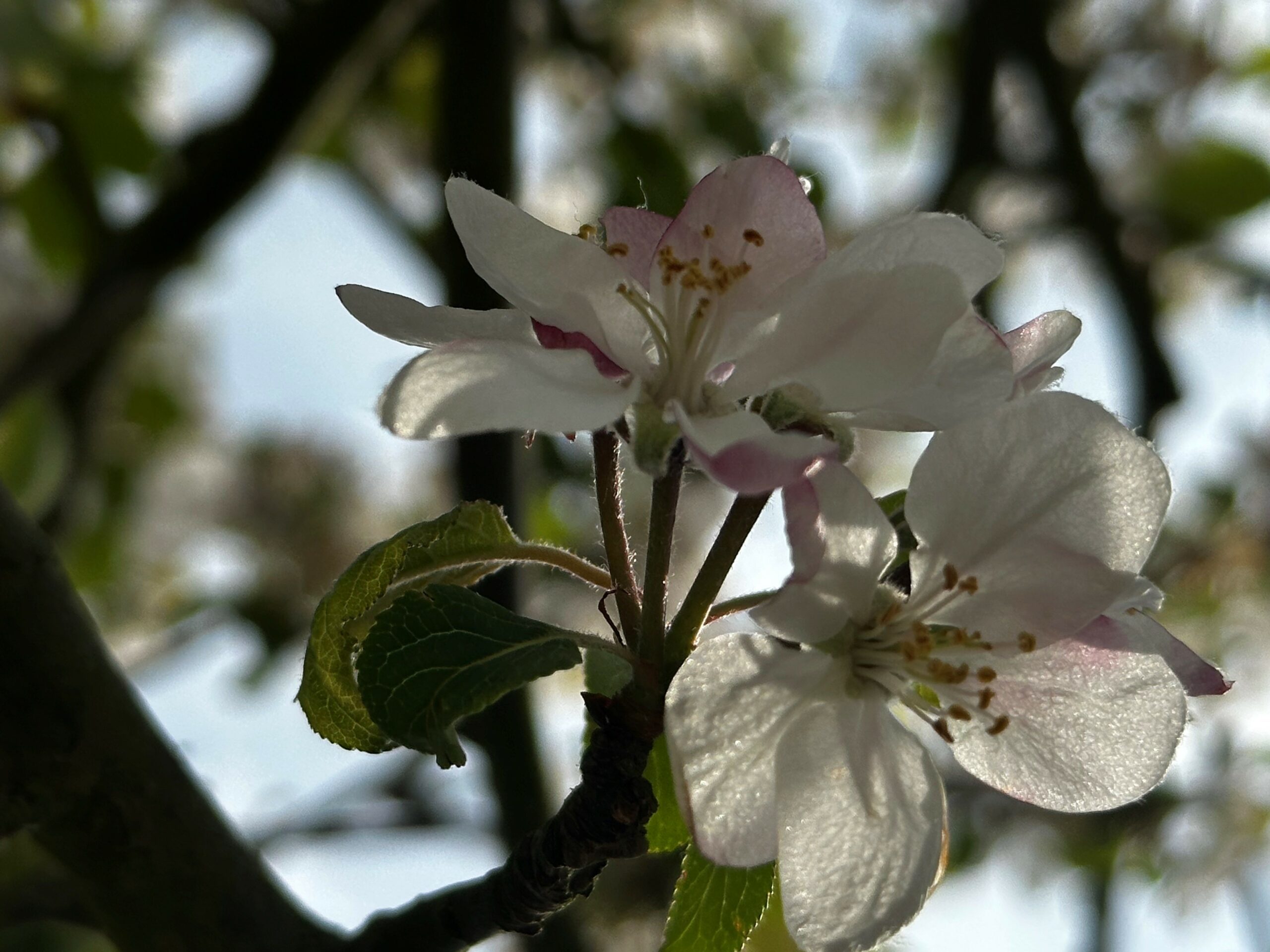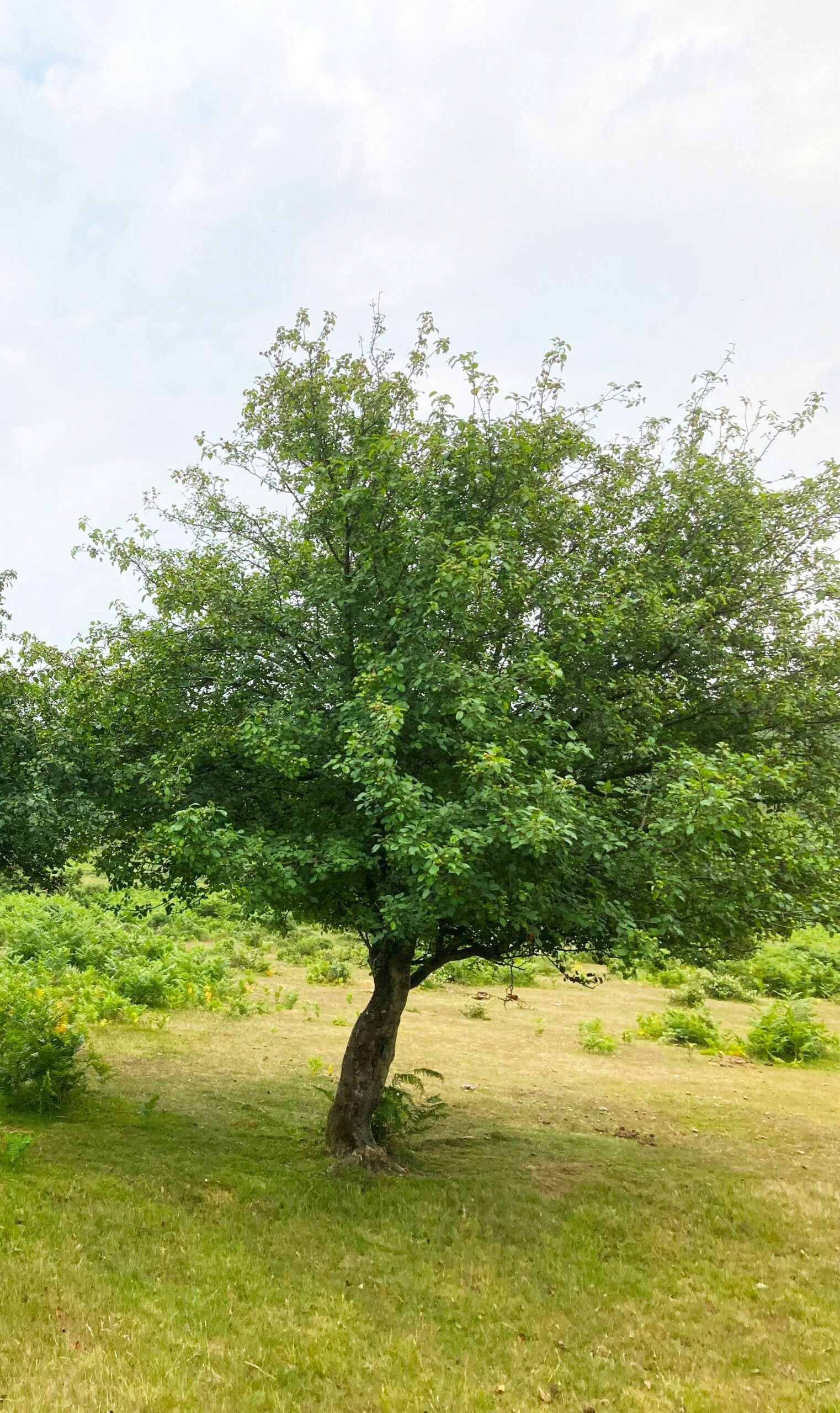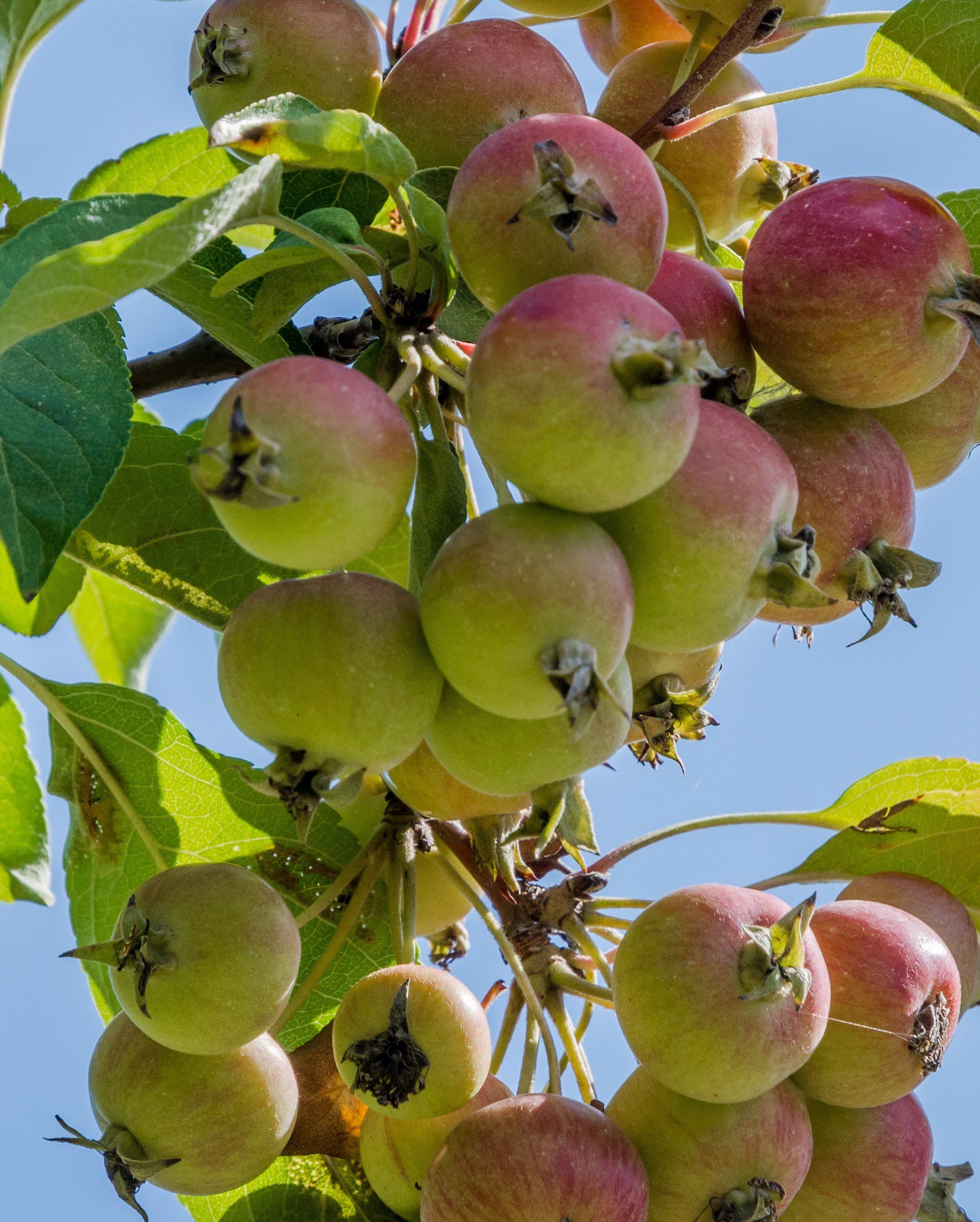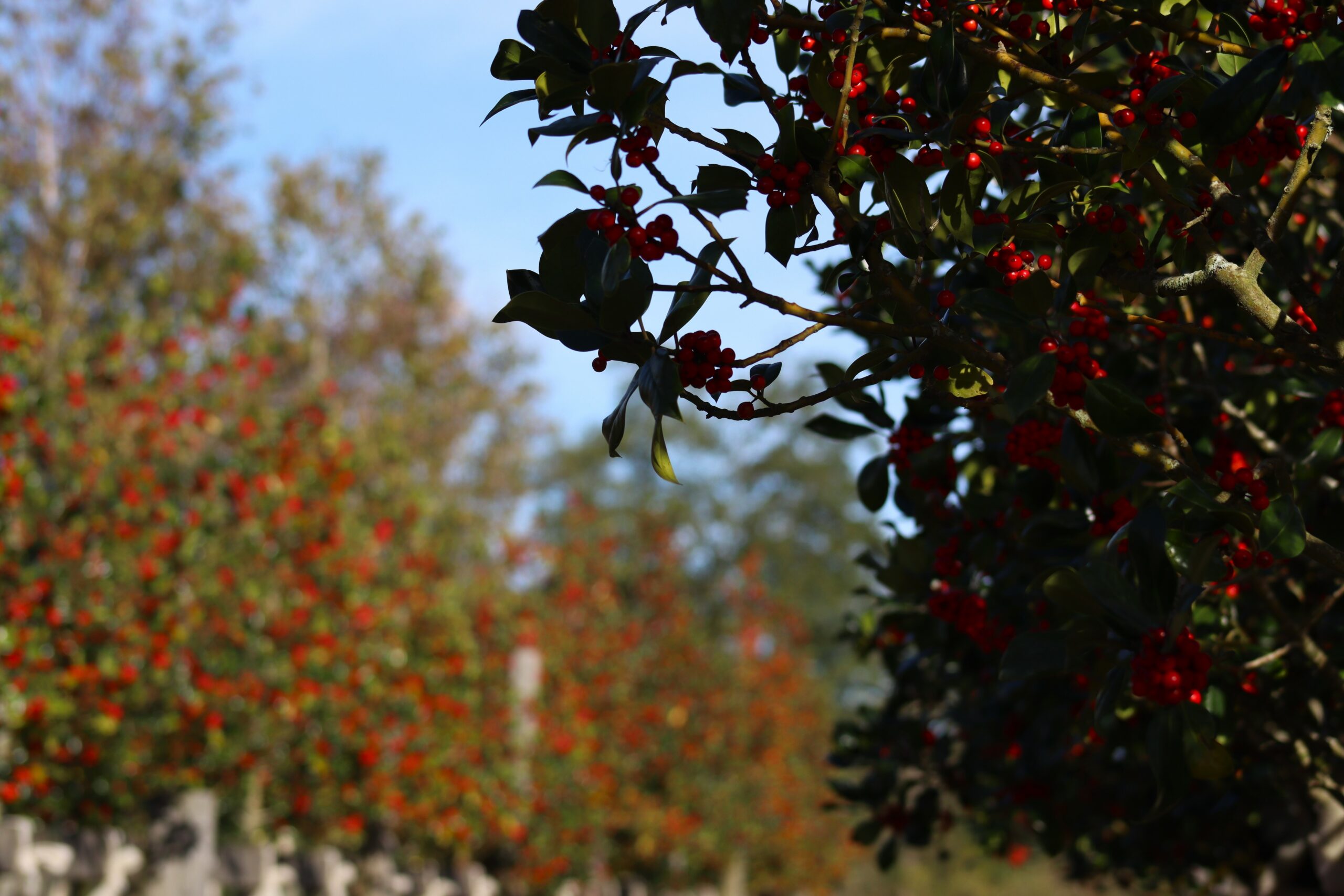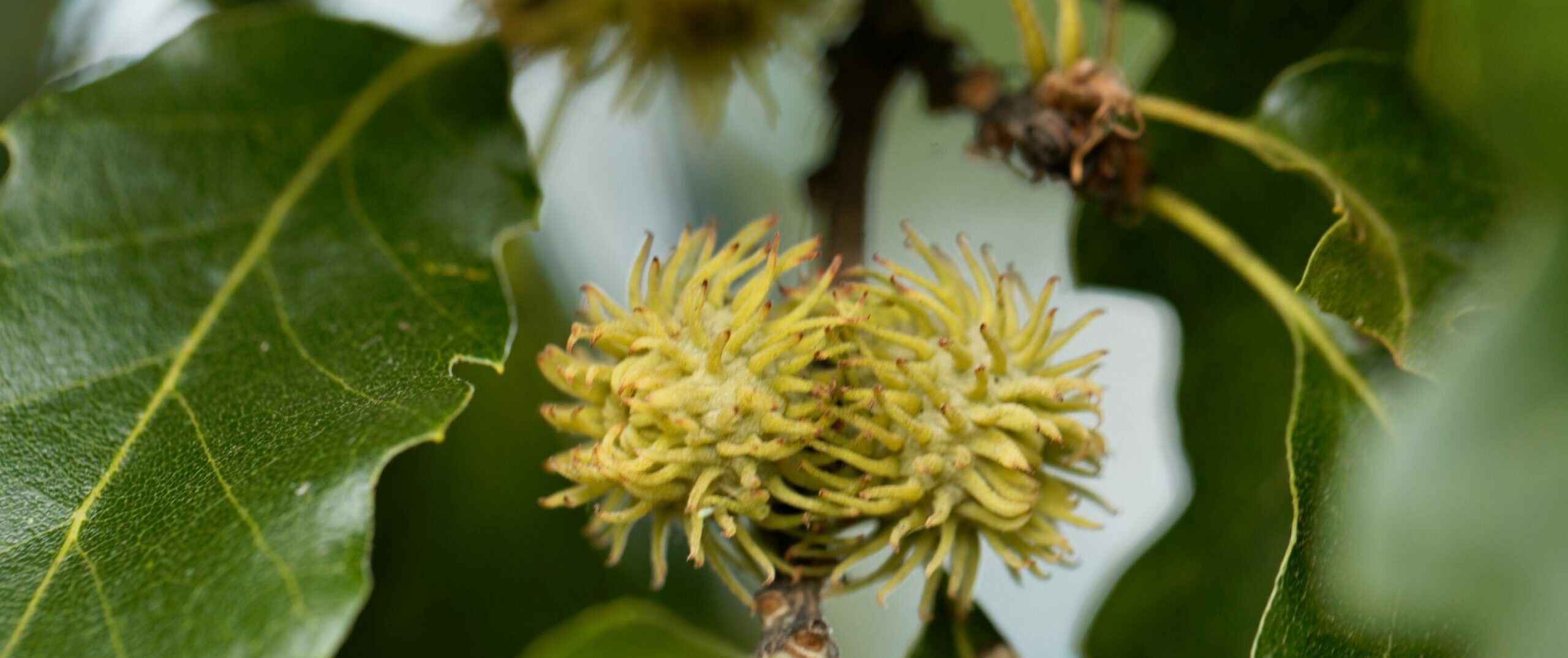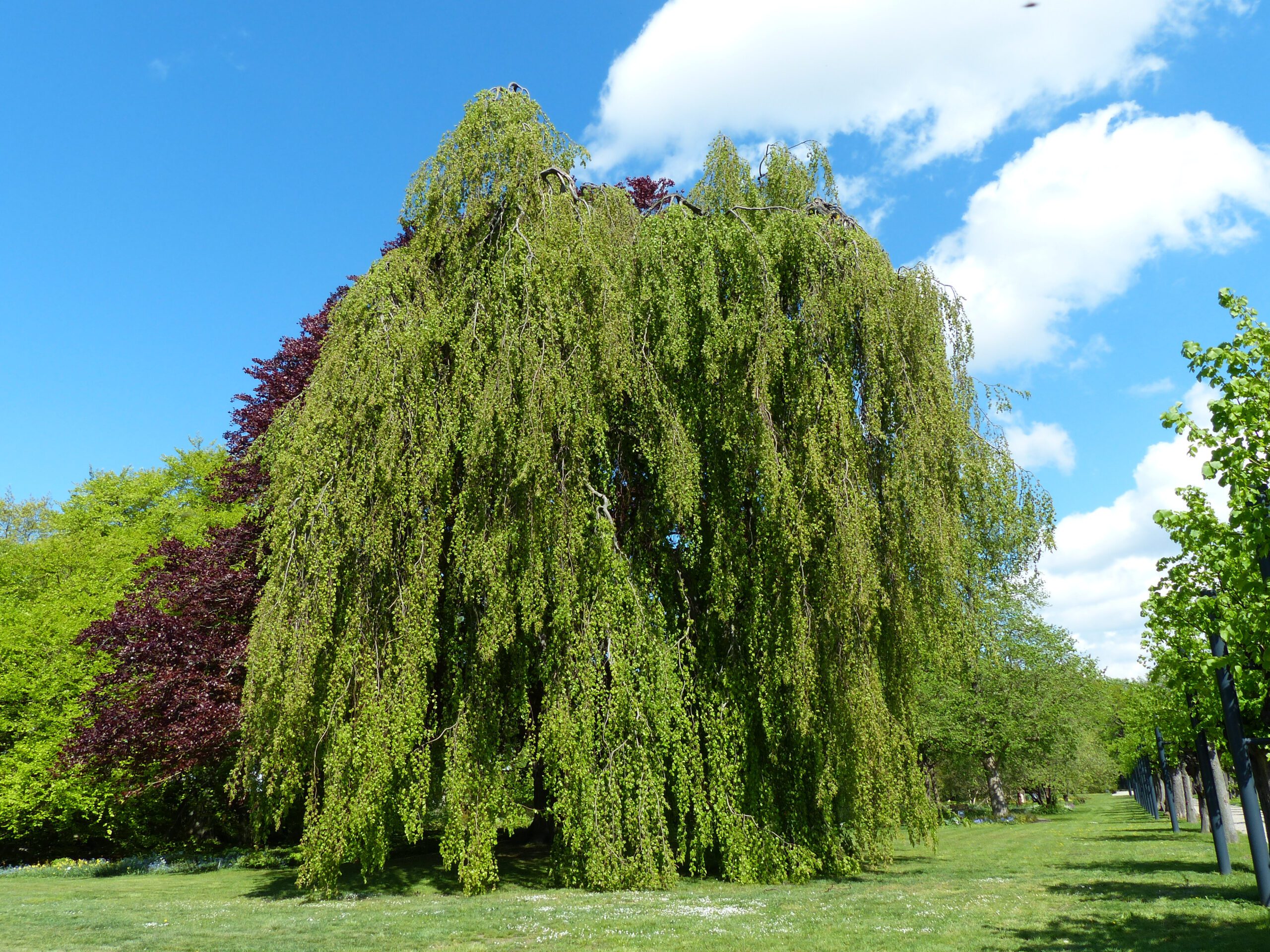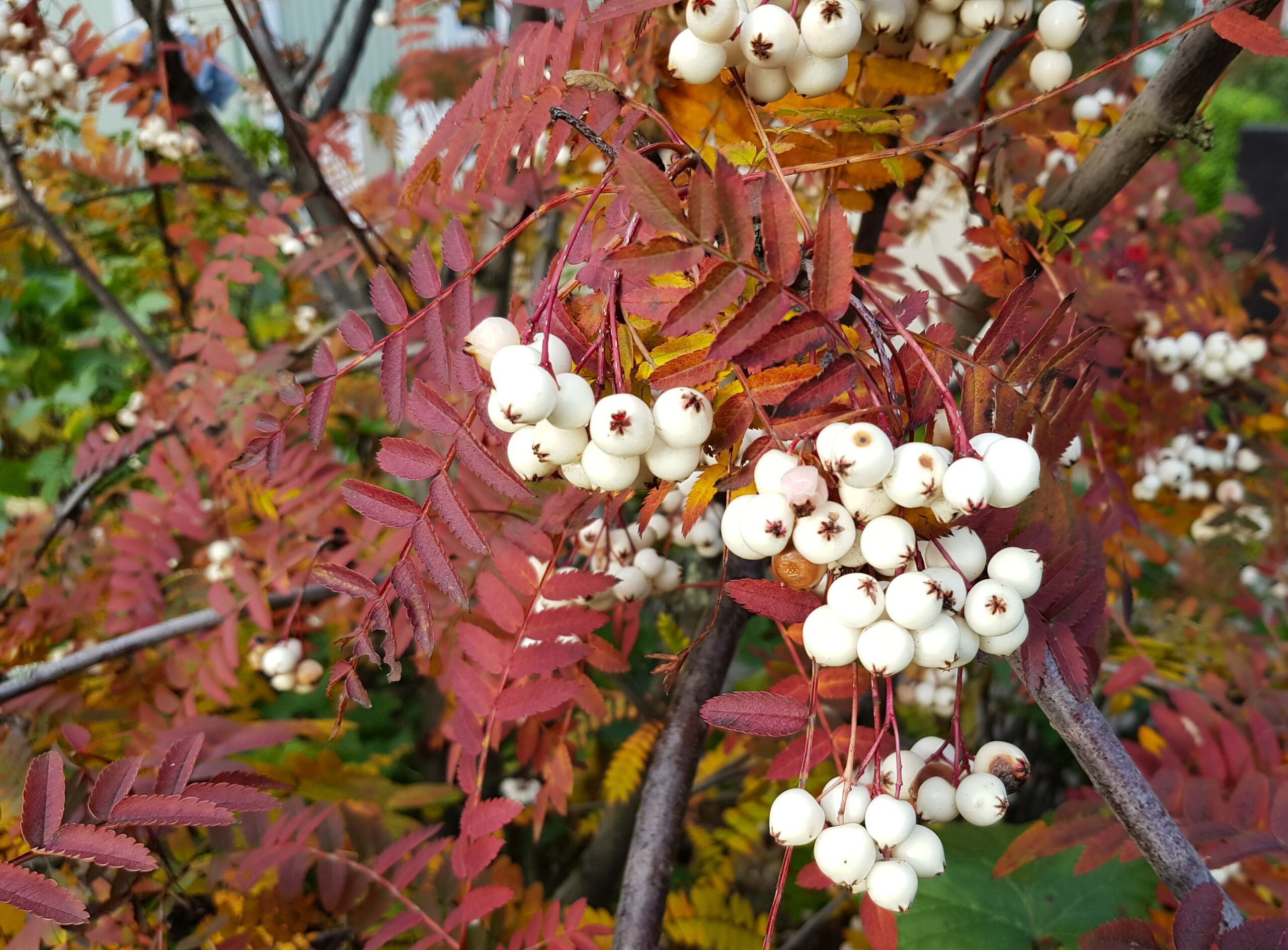Tree Information
Specialities
Tolerances
Wet Soil: Medium
Dry Soil: High
Lime: Medium
Malus sylvestris, commonly known as common crab apple, is a native tree found naturally on the edges of woodlands and in hedgerows. With rich historical and cultural significance, Malus sylvestris is considered the ancestor of many cultivated apple varieties. These small trees may live to 100 years and over time will develop a gnarled look.
During spring, the common crab apple produces beautiful and sweet-scented white blossoms. Once the tree has been successfully pollinated, flowers will give way to small round crab apples. These are red-blushed and enjoyed by wildlife, particularly wild ponies in the New Forest. When leaves have dropped, keep an eye out for mistletoe as crab apples are one of the few trees that can host this parasitic plant.
Due to habitat loss and wild hybridisation with cultivated apple trees, wild crab trees have declined in some regions. It’s thought that most trees are grown from discarded apple cores. It’s an important tree to protect as it offers valuable resources to wildlife and humans alike. Here are Hillier, we have Malus sylvestris available as a semi-mature tree, in a variety of container sizes.
Visit our Useful Resources for in-depth guides
Discover guides to help you with specifying your trees, caring for your trees and understanding the weights and dimensions of trees.
Useful ResourcesSize
Small
7m high x 5m wide after 25 years
Environment
Ideal for woodlands and parks. Makes a good hedgerow.
Canopy
Irregular growing rounded and wide spreading canopy. Can be used as a part of a hedge. Branches can appear gnarled on mature trees giving a crab-like appearance.
Foliage
Buds are brown and pointed with hairs on their tips. Dark green leaves appear during spring, glossy and oval with rounded teeth. These will turn yellow in autumn before dropping in winter.
Flowers
During spring, white sweet-scented blossoms will emerge.
Fruit
Red blushed crab apples in autumn which are sour to taste but occasionally used in jams and jellies.
Resilience
Grows best in nutritious moist loamy soils with protection from wind. Will not tolerate waterlogging or stony ground. Resistant to frost.
Available As:
Semi-Mature
Make an Enquiry
Enquire below and speak to one of our expert team. For trades only, for general public enquiries click here.
Find Trees For Your Project
View Our TreesSpeak to a Member of Our Sales Team
Make an Enquiry
